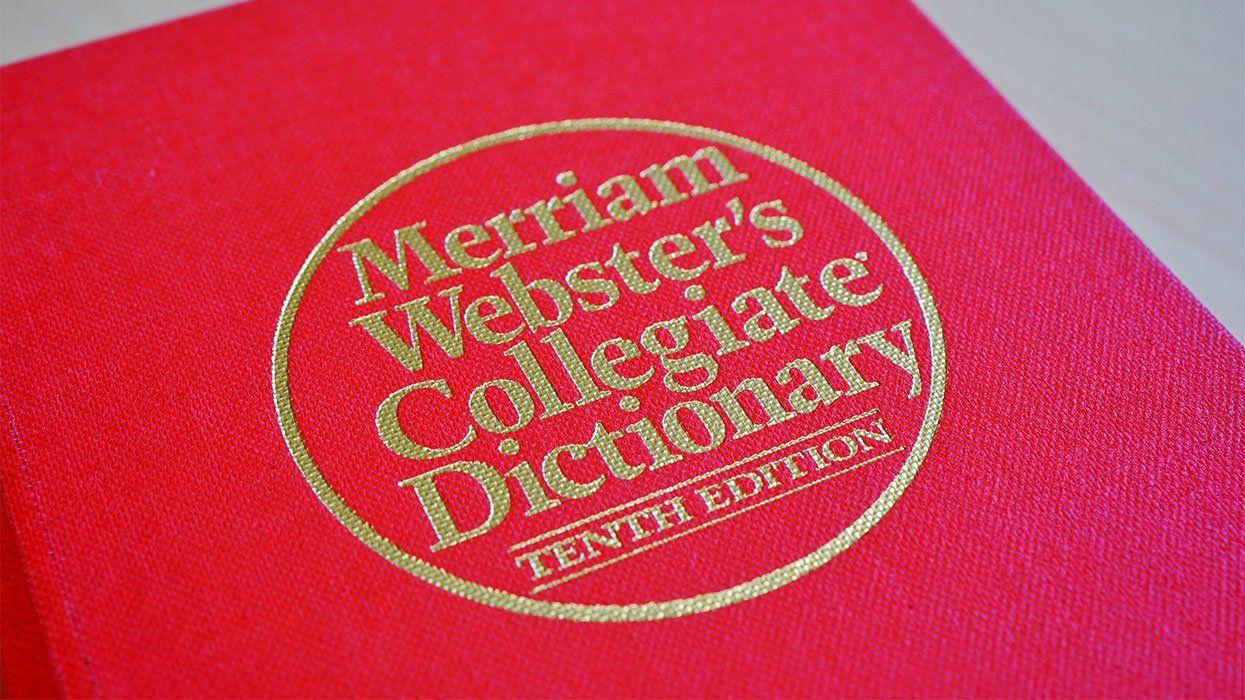News
Florida's book bans have now come for dictionaries

Shutterstock
A children's dictionary is one of almost 3,000 books under review at a Florida school district.
January 12 2024 11:57 AM EST
By continuing to use our site, you agree to our Privacy Policy and Terms of Use.

A children's dictionary is one of almost 3,000 books under review at a Florida school district.
Florida’s book banning practices this year apparently resulted in a Webster’s dictionary being yanked from school shelves.
A records request to the Escambia County School District by the Freedom to Read Project and first reported by Popular Information verifies the challenge to the Merriam-Webster Elementary Dictionary. The book was among more than 2,800 books that had to be pulled and put into storage until the district could review its contents.
It’s the latest controversy in a state where authors of books like “And Tango Makes Three” already have engaged in fierce legislation with the state. The Escambia County School Board last year supported a challenge of that book by teacher Vicki Baggett.
Escambia schools also saw challenges to the Encyclopedia of World Costume, several editions of the Guinness Book of World Records, and countless classic novels.
Florida has led the nation in book bans in schools since passage of the so-called “Let Kids Be Kids” law, signed by Florida Gov. Ron DeSantis ahead of his currently flailing campaign for president.
While DeSantis last year called reports of book bans a hoax (while bragging about pulling certain LGBTQ-friendly and politically liberal books off shelves), school districts have repeatedly revealed numerous non-pornographic titles taken off shelves.
The Orlando Sentinel recently published 673 individual titles pulled from Florida teachers’ classrooms. No editions of dictionaries appeared on that list, though “The Handmaid’s Tale,” “Eat Pray Love” and “East of Eden” all do.
It’s unclear what led to a challenge of a dictionary, though Merriam-Webster’s dictionary does include definitions of “gay” and “transgender” that would run afoul of Florida’s infamous “don’t say gay” law if ever used in classroom instruction.
It’s also unclear specifically who objected to the dictionary appearing on classroom shelves, but Baggett has filed many of the local book challenges.
The Escambia County School District did not return a request for comment from The Advocate.
Charlie Kirk DID say stoning gay people was the 'perfect law' — and these other heinous quotes